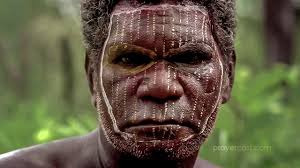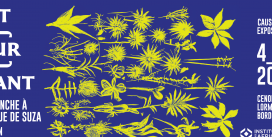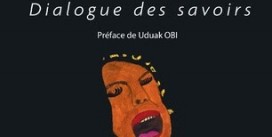According to Marcel Maus’ deliberately provocative statement, “One person’s magic is another’s religion”. Magical thinking, denigrated by Western ethnocentrism and pilloried by religious and scientific institutions, arises from a manner of seeing the world, present in human societies since the beginning of time, through beliefs and practices labelled as animist.
Far from the simplistic representations that it has generated, referencing images of superstition, idolatry, or naïveté which places societies that practice animism on a level considered primitive by evolutionists, it is moreso a matter of structured, complex, and, especially. effective thinking which allows Man to insert himself into nature.
In the animist and magical practices that follow from this thinking, we glimpse an active and positive principle which gives Man a central position as opposed to religious thought which hinges more upon dependant, passive and contemplative thinking. Through magic, Man can act directly upon the forces that surround him, exercise a certain power over the world and the sprits that are supposed to inhabit it, and counterbalance spiritual energy to his advantage.
Faced with omnipresent scientific thought whose limits we know realize, the animist approach, far from being outdated or ineffectual, sheds new light on the importance of representations and man’s symbolic dimension, the “savage thinking” described by Claude Levi-Strauss, which remains buried in all of us.
The material traces of this thinking are presented to us in museums but we barely recognize them or simply ignore them. That is the ambiguity of “primitive objects” of which the deeper meaning becomes muddled underneath all the layers of representations they represent: curiosities, fetishes, ethnographic objects, art objects… Mute, static, decontextualized, drained of meaning… Once receptacles of lost practices, they are replaced today by new fantasies. In magical thinking, they played a primary role in harnessing energy in the framework of complex rituals led by the initiated, not preachers, or feticheurs, or witches. Rather, it was the healers, diviners, chamans, and medicine men that had been taught the wisdom immemorial. Beyond that mission, these objects, active accessories to the actions of Man on his environment, had no meaning
In opposition to the notion of incoherence that the West attempts to give it, magical acts define a principle of liberty permitting Man to directly influence his own destiny. It is in this way that animism can be viewed as humanism.
Paul Matharan (Afiavimag)
Translated by Portia Lewis







